Axel Eggert, Director General of EUROFER, stated, "The global capacity surplus is jeopardizing thousands of jobs in Europe and disrupting markets." Eggert called for a comprehensive strategy to combat the problem, including unilateral trade measures if necessary.
Industry projections suggest that by 2026, global steel capacity could reach five times the EU's 2023 production, equating to approximately 630 million metric tons. EUROFER emphasizes that this influx of low-priced, high-carbon steel also endangers Europe's green transition goals. The association is demanding both emergency measures and long-term solutions to protect the sector's future.
The European steel industry is looking to governments and international institutions for support during this critical period. The future of the sector and Europe's industrial competitiveness appear to hinge on the measures taken.In the coming months, the European Union's approach to this issue and the measures it adopts are likely to impact not only the steel sector but also global trade relations and climate policies. This crisis once again underscores the importance of international cooperation and sustainable industrial policies.As the situation unfolds, stakeholders across the industry are closely watching for developments that could shape the future of European steel production and its global competitiveness.


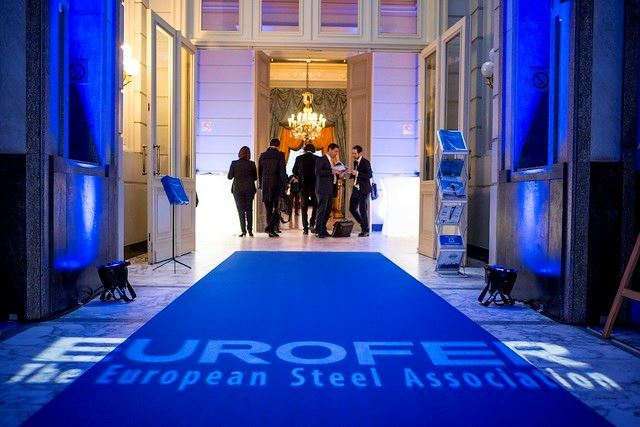

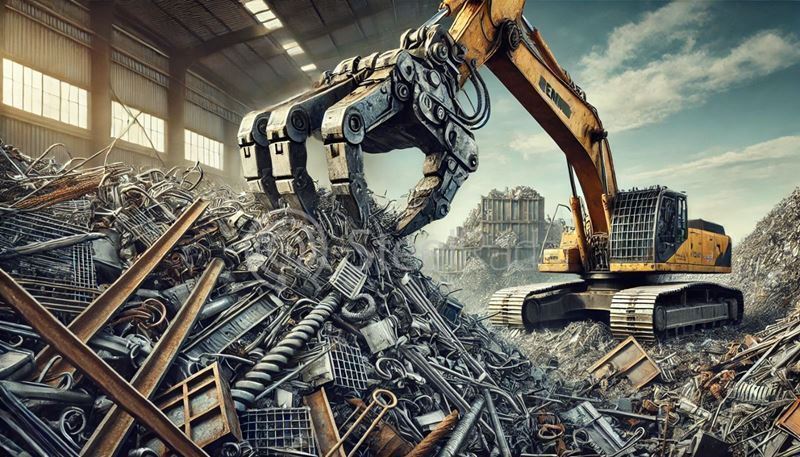
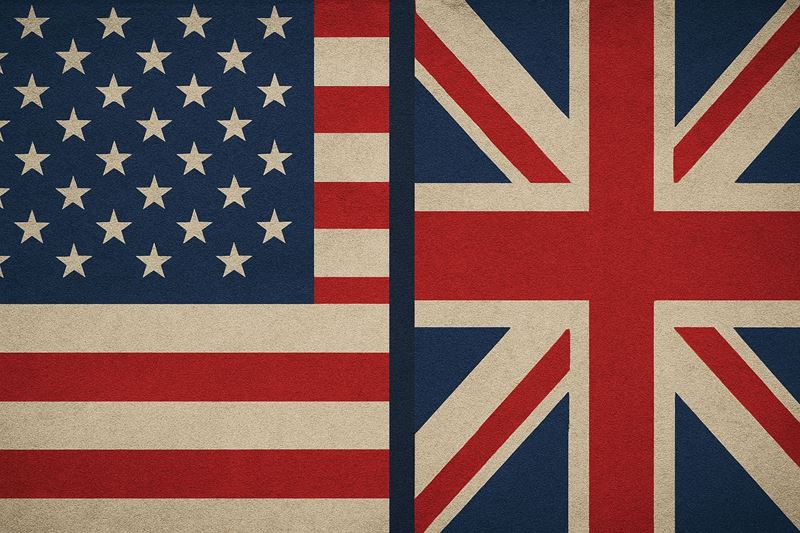
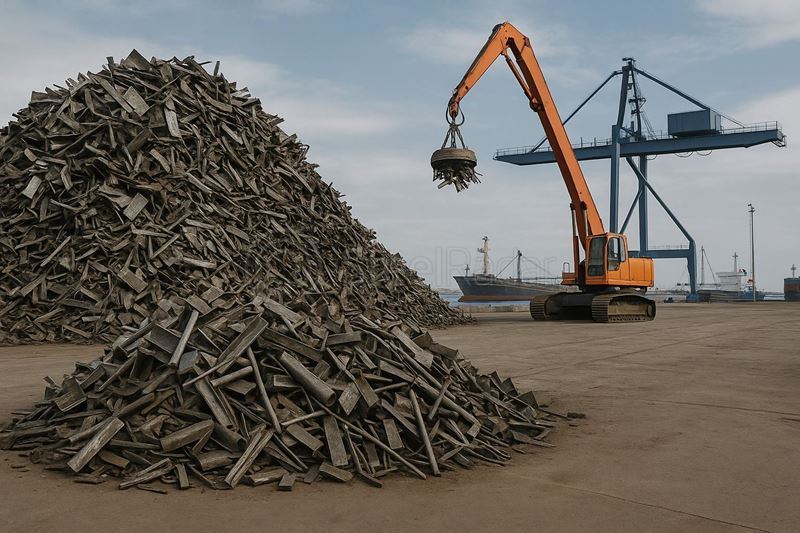
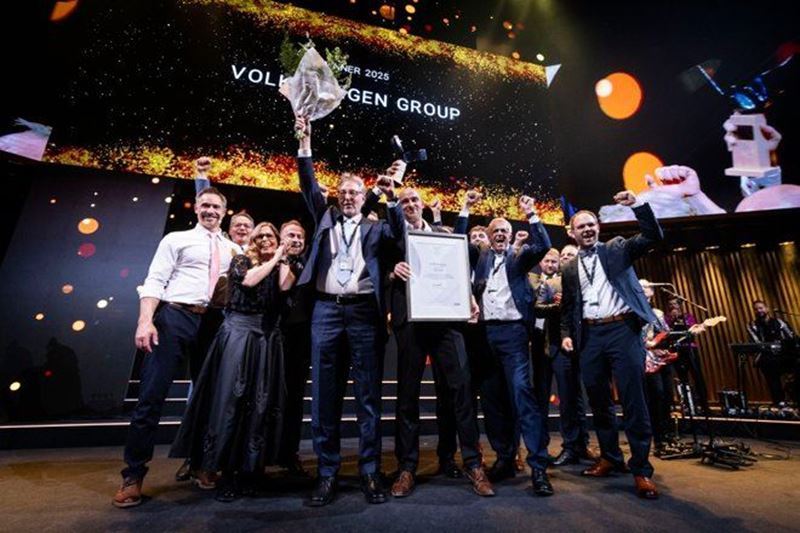
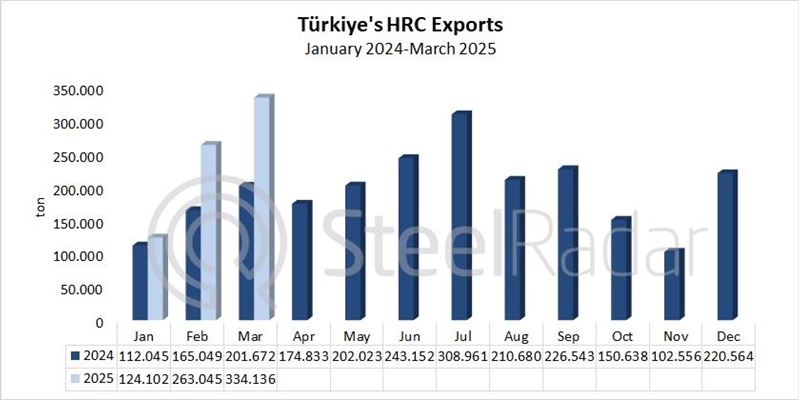


Comments
No comment yet.